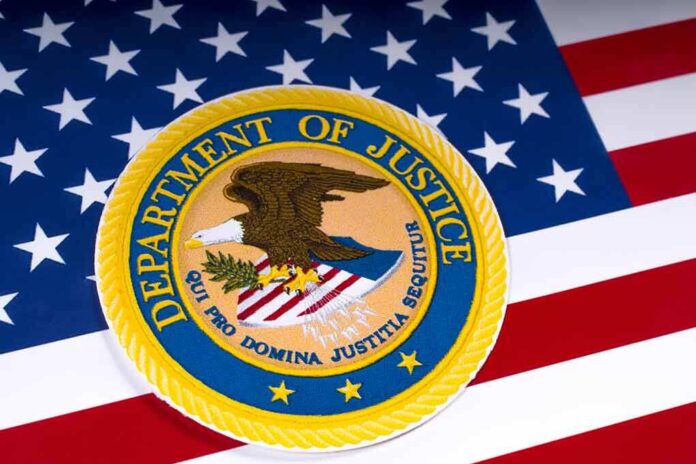
Gun rights groups are at odds with the Department of Justice over a protective order that could have significant ramifications on First Amendment rights and government transparency.
Quick Takes
- Gun Owners of America and Gun Owners Foundation have filed a legal challenge against the DOJ’s protective order.
- The protective order restricts information about government surveillance of lawful firearm purchases.
- The groups argue the order violates First Amendment rights by hindering press freedom.
- The legal case highlights concerns over potential governmental overreach.
The Legal Challenge Unfolds
Gun Owners of America (GOA) and Gun Owners Foundation (GOF) filed a legal complaint against the Department of Justice to contest a protective order. This order prevents these organizations from reporting on Second Amendment rights abuses. It arose from a Bureau of Alcohol, Tobacco, Firearms, and Explosives (ATF) mistake, which disclosed information through a Freedom of Information Act (FOIA) request.
The ATF’s error involved unredacted records concerning a program that surveilled lawful firearm purchases. This caused a gag order issued by the court, precluding the organizations from sharing this information. The plaintiffs argue that such a restriction violates their First Amendment rights, crucially impacting the transparency they seek to provide.
A Battle Over Transparency and Rights
A significant part of the complaint centers on press freedom and transparency. The plaintiffs emphasized the chilling effect the protective order has on reporting, underscoring their rights under the First Amendment. They stressed that the order serves as an unconstitutional prior restraint on speech and press activities protected federally.
The plaintiffs further assert that no national security interests justify the gag order’s severity. They question the lack of government transparency, pointing out the problematic nature of government-operated surveillance on lawful purchases. The case echoes concerns about executive overreach and the chilling of media freedoms.
Moving Forward
The court has dismissed plaintiffs’ calls to reevaluate the order and hasn’t engaged in private hearings or reviewed documents on camera. Recently, a D.C. Circuit ruling challenged courts’ authority on such orders, hinting at the gag order’s potential overstep. However, the ATF defends the protective order’s continuity by referencing statutory exemptions.
As these legal proceedings continue, broader discussions on firearm rights, government surveillance, and constitutional freedoms remain center stage. With ongoing debates around these issues, this case represents a pivotal moment for Second Amendment advocacy and press freedoms.












